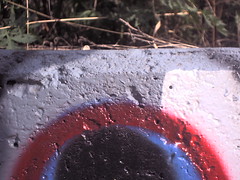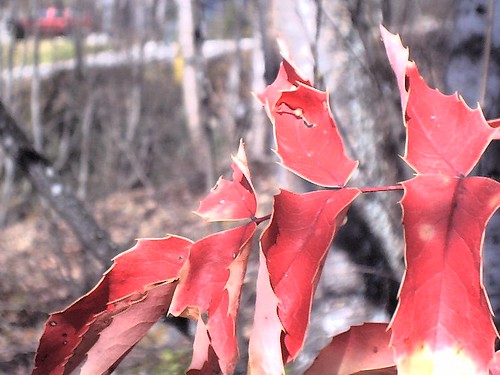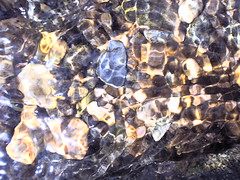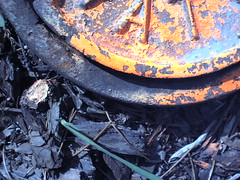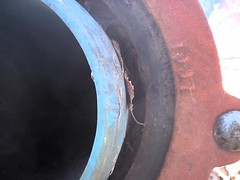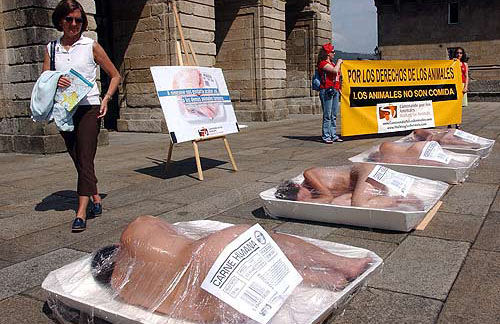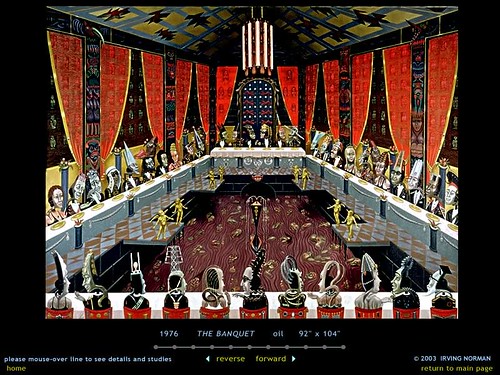Preservation Hall Jazz Band Reassembles
Preservation Hall Jazz Band---NEW YORK(Sept. 21)
-John Brunious flew in from
an evacuation center in Arkansas, wearing donated clothes and carrying a
borrowed trumpet, his voice shot from swallowing polluted floodwater.
The 64-year-old leader of the Preservation Hall Jazz Band went straight
from
the plane to a Manhattan TV studio for a reunion with the world's
ambassadors of New Orleans jazz. The musicians could play only one tune
that
night. Everyone agreed it should be "Do You Know What It Means to Miss New
Orleans?"
"I was so happy to see that the others were OK, because I knew what I had
just come from," said Brunious, 64, who was treated for dehydration at an
Arkansas hospital after enduring days without food and water at the
horrific
New Orleans Convention Center.
"I was very emotional because I really wanted to sing that song to let the
world know that we do know what it means to miss New Orleans."
For more than 40 years, the Preservation Hall musicians have spread their
infectious, joyful rhythms from African villagers to British royalty, from
the White House to the former Soviet Union.
Jazz lovers from around the world have made the pilgrimage to pass through
Preservation Hall's wrought-iron gates at 726 St. Peter Street. Inside the
dimly lit hall with no air conditioning, fans sat on benches or cushions
spread on the rough wooden floor as they listened to pure, unadulterated,
traditional New Orleans jazz.
Despite their worldwide renown, the Preservation Hall musicians remain
deeply rooted in their local neighborhoods, where such legends as Buddy
Bolden, King Oliver, Jelly Roll Morton and Louis Armstrong created jazz
nearly a century ago.
"I think the band is one of the most honest reflections of New Orleans,"
said bassist Benjamin Jaffe, 34, Preservation Hall's director. "We don't
live in an ivory tower. We live with our communities and care for our
communities.
"We all feel that we were down and then we got kicked, and that's a
terrible
place to feel right now," he said during an interview at the Manhattan
office of the distributor for the Preservation Hall Recordings label,
where
his staff is working until they can return home.
Four of the band's eight musicians had their homes destroyed in the
deluge.
Three of them â?" Brunious, pianist Rickie Monie and drummer Joseph
Lastie,
Jr. â?" also lost their prized instruments.
Preservation Hall itself dates back to a private residence built in 1750,
when New Orleans was still a French colony. Like most of the French
Quarter,
the building suffered only minimal damage from Katrina, its stone walls
and
thick wooden shutters holding firm against yet another hurricane.
The band last performed at Preservation Hall on Aug. 27, a Saturday night,
one day before Katrina hit. They played for about 20 people, one of the
smallest crowds since the hall was founded by Jaffe's parents in 1961 in a
former art gallery. The performance ended early so the musicians could get
out of town.
Jaffe arranged a car and nurse to evacuate 96-year-old retired banjo
player
Narvin Kimball, the last surviving member of the original Preservation
Hall
band. Jaffe fled the day after Katrina struck, leaving his bass behind and
driving with his wife and two dogs to New York City.
In the ensuing days, Jaffe desperately tried to track down his fellow
musicians. It was the first time he could remember that the band â?" most
of
whom lived within a few miles of each other â?" had been separated for so
long.
Most of the group evacuated before the storm struck. The pianist, Monie,
took refuge with his family for almost a week on the upper floor of an
office building with their own stock of provisions. But it took almost 10
days for Jaffe to find Brunious.
A scion of one of the city's legendary musical families, the lifelong New
Orleans resident watched from the window of his ground floor apartment on
Elysian Fields Avenue as the waters surged over his truck and two
Cadillacs.
Then the water entered Brunious' home, engulfing his seven trumpets, his
new
stereo system, his suits and shirts and ties.
He retreated upstairs to his landlady's apartment, watching the water
creep
up the staircase step by step, until some neighbors drove by in a
motorboat.
"They picked me and some other neighbors up and brought us to this
school,"
Brunious said. "I had nothing besides what I was wearing, my wallet was
soaking wet, and I had one thong shoe and one bare foot because the other
shoe came off in the water."
Brunious ended up at the convention center. He slept on the floor for four
days, hungry, thirsty and in constant fear of being attacked by marauding
youths.
"I would say that the city, state and national government just turned
their
backs on us because we didn't get anything to eat or drink, there was no
law
and order, and no plan," Brunious said by telephone from a New Jersey
hotel
that was temporarily housing some of the band.
After the National Guard arrived, Brunious was bused to Houston, then
Dallas, and eventually an evacuation center in Conway, Ark. Volunteers
gave
him some clothes and helped him contact Jaffe. A Little Rock music store
owner loaned him a trumpet.
Brunious landed on Sept. 9, in the middle of a BET telethon that included
a
Preservation Hall performance at the end. Brunious normally would have
sung
the lyrics to "New Orleans" (made famous by Louis Armstrong), but a bad
cough prevented him from performing. He yielded the lyrics to banjo player
Carl Le Blanc.
"We're not going to let a hurricane stop our music. This music is too
important to the musicians and people of New Orleans, and to the people of
the world," Brunious said. "This music is our treasure and we want to
share
it."
Jaffe is now scrambling to prepare for a previously arranged international
tour that begins in Thailand on Sept. 28 â?" securing new passports,
outfitting the musicians and replacing missing instruments.
"I don't know when Preservation Hall will reopen, but all I know is that
it
will reopen," Jaffe said.
"What my real dream is that when we reopen that it will be without fanfare
and like all the other nights that Preservation Hall has been open.
Because
then I'll know that New Orleans is back on its feet again, that
everybody's
safe, healthy and cared for, and that's when I'll feel like my job is
done."
Source: By CHARLES J. GANS, Associated Press Writer


